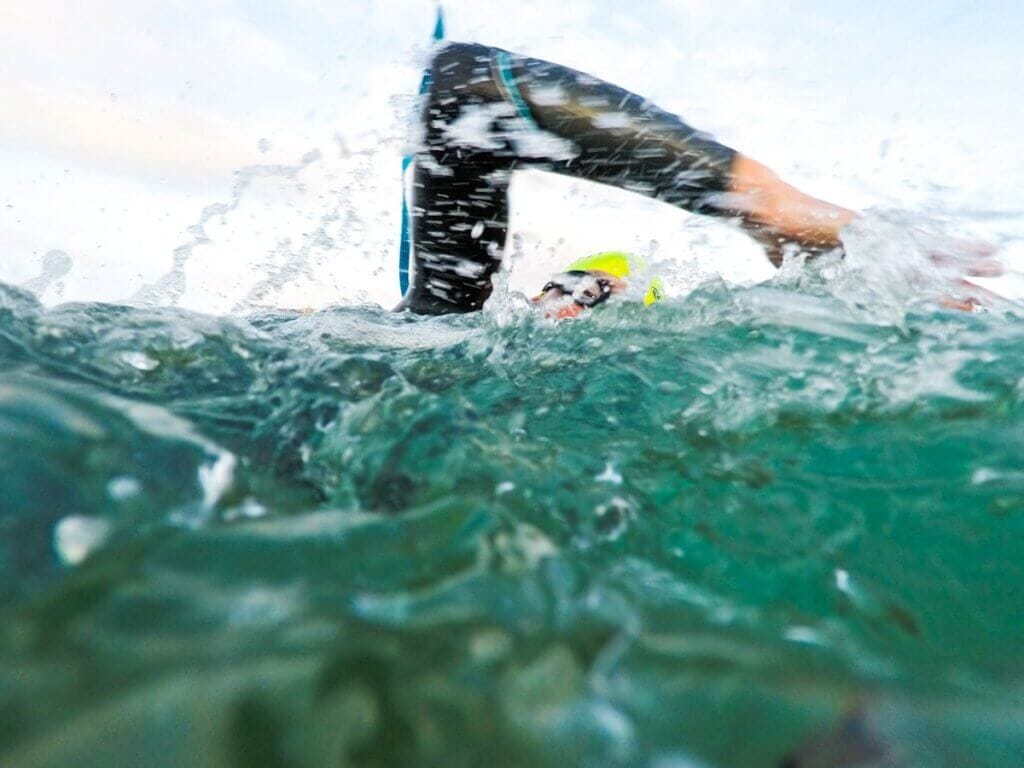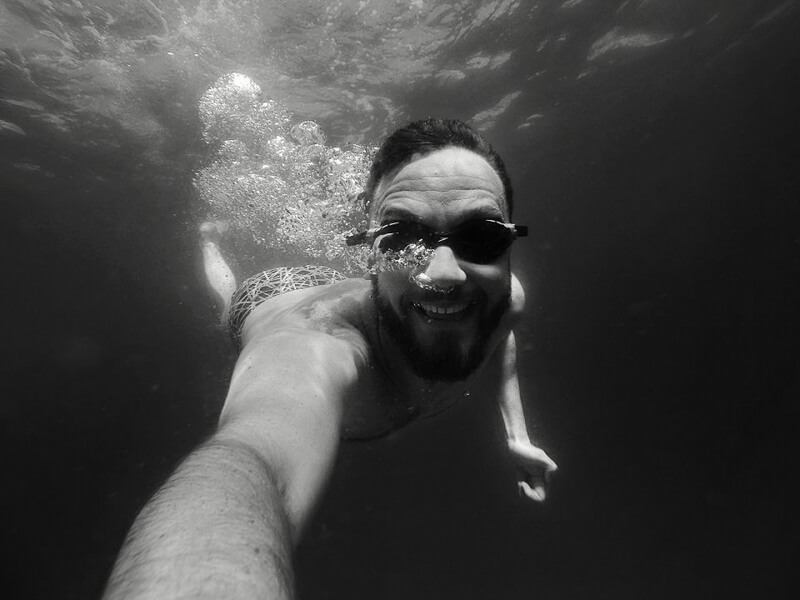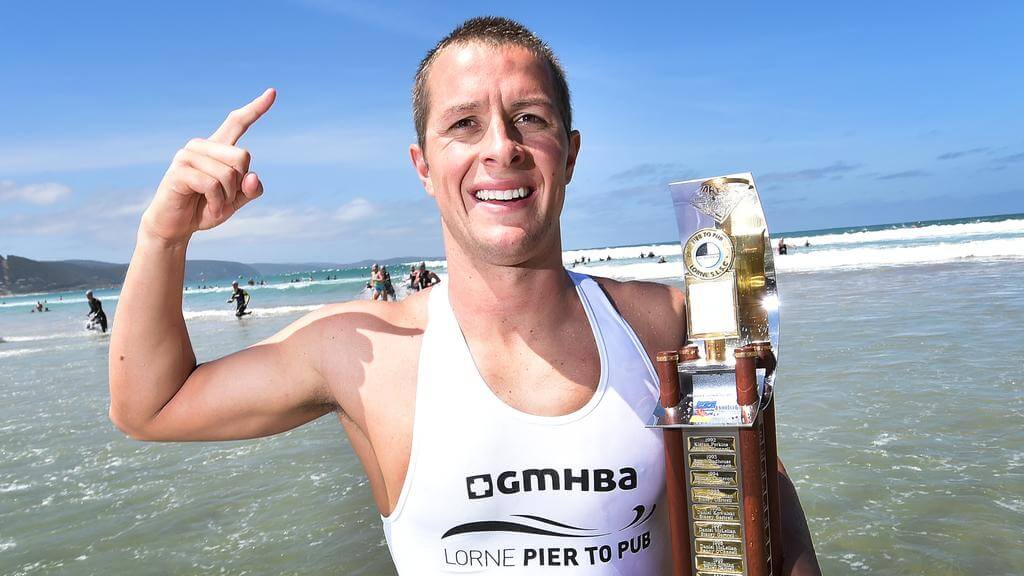How to recover from an event for ongoing success
The professional Ironman Series is a relatively long series that stretches over the difficult summer/holiday time of year.
What an athlete does straight after a race and in the immediate days following has a large bearing on how they will race in the next round.
How to recover from an event
So let’s have a look at how athletes recovered after their race.
Many had a light swim after the race, this is active recovery and allows the body to cool down as well as flush out any Lactic acid. This isn’t just splashing in the shallows though, it does have to be 10-15 minutes in length and should be at the same pace that you would warm up at.
Some athletes had access to ice baths. This is a great way to cool the body’s core temperature. Largely the body has to work hard long after a 90-minute race to try and lose heat. It’s not until the body’s temp drops back to normal that you can expect it to start the process of recovery. The Ice baths speed the cooling up, as well as help to flush out lactic acid.
Some had a light massage, this helps to loosen up any tight muscles or aches and pains that may have developed while racing.
But more important than any of these recovery strategies was all the athletes were replacing fluids. Many studies show that you could lose as much as 3 litres of fluid in a strenuous race of that nature in the hot conditions that they had, so it was vitally important straight after the race and in the following days that all the athletes continue to replace any lost fluids.
Some of the elite ironmen and triathletes will weigh themselves before each session and then again after, the difference in weight loss from the training session is then what they drink in litres to ensure they are completely replenished and hydrated and recovered for the next session.
In the days following the race over a 1/3 of the series athletes came into our Physio clinic to get a light massage, some dry needling or some specific treatment to an area that was worrying them.
In the 2011-12 season, we found this extremely beneficial for Courtney Hancock, who came in for some Physio every week. By staying on top of any small niggles or aches and pains we were able to prevent any injuries occurring and this allowed her to better recover after each training week and avoid any time off through injury. Over these 12 months, she won the Ironwoman series, the national Ironwoman Title and the Coolangatta Gold.
So in short, the recovery is as important as the racing. What you do in between races has a large bearing on what will happen on race day.





Responses